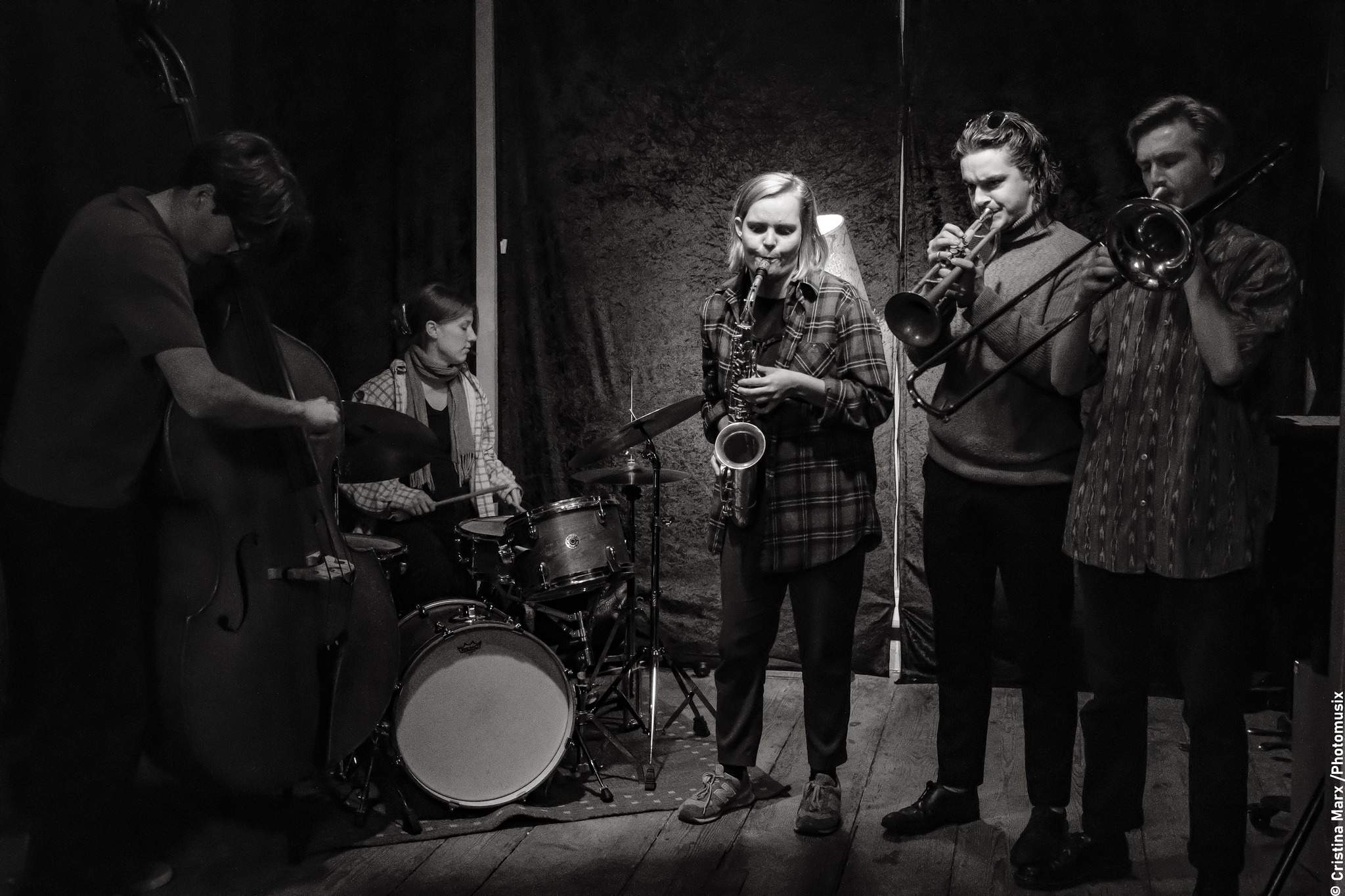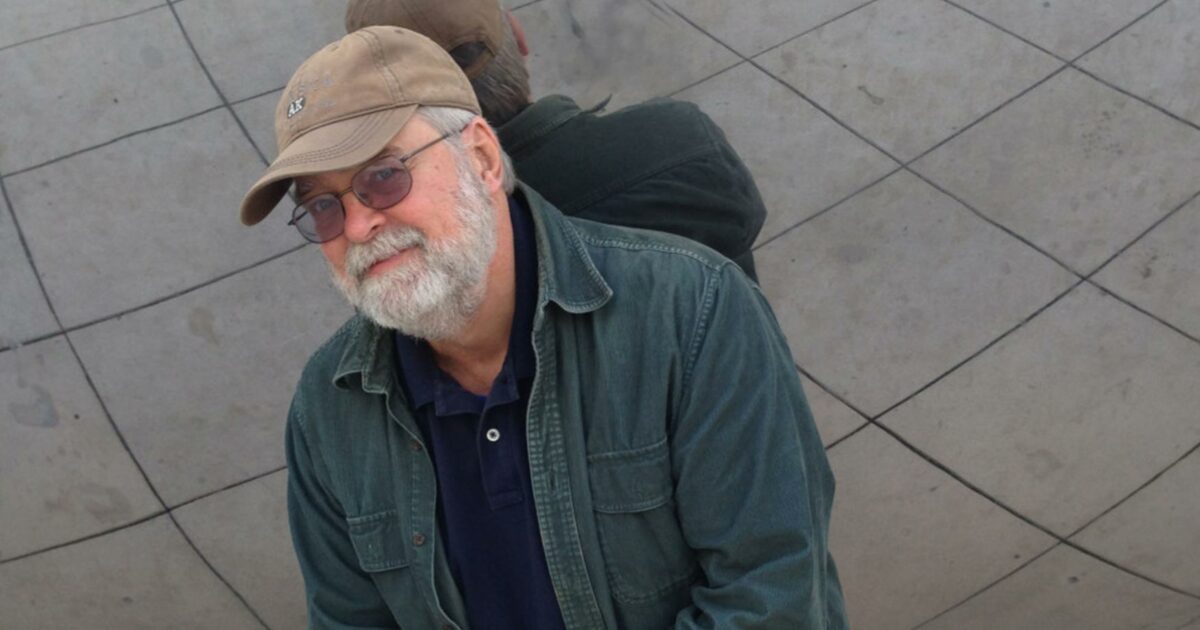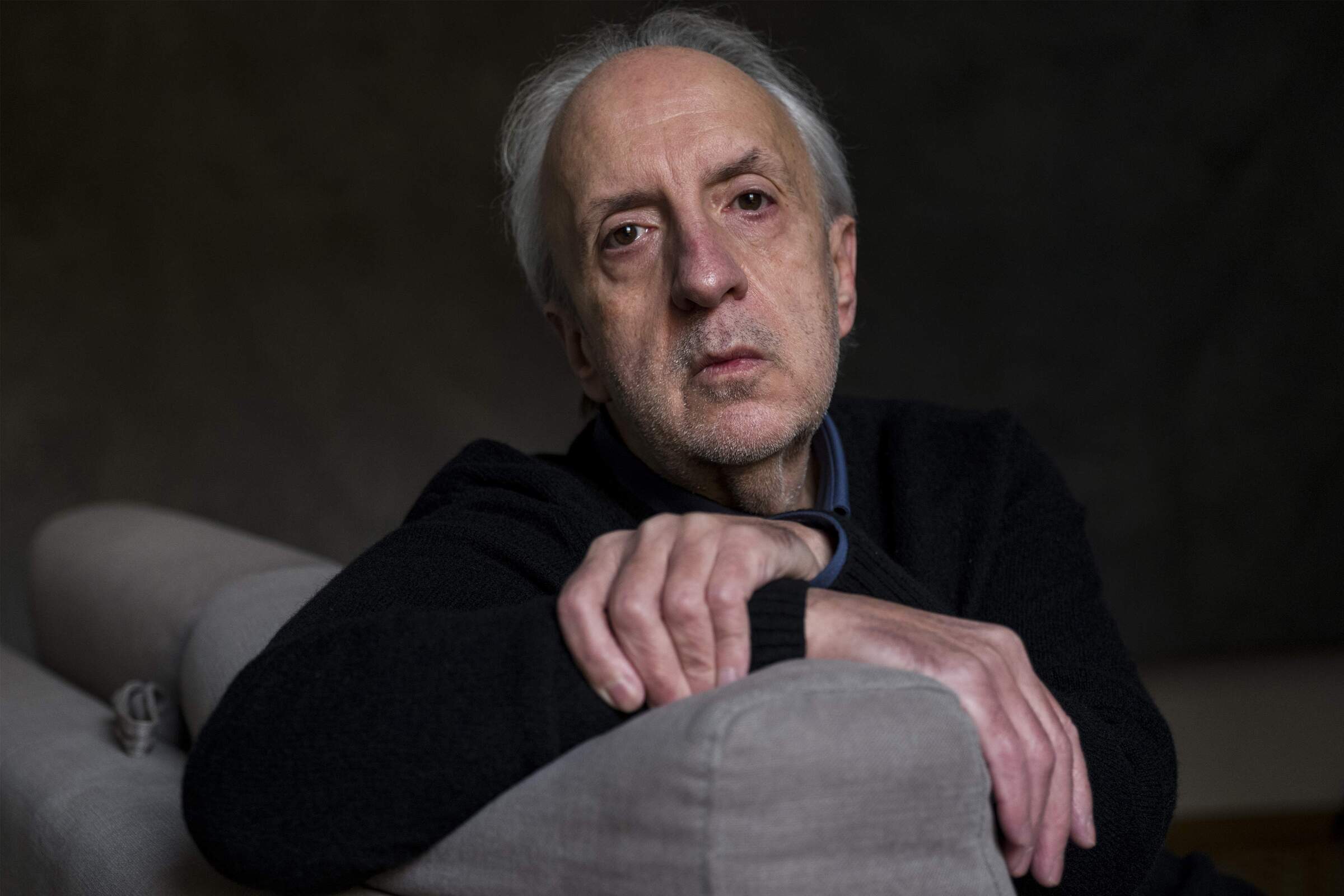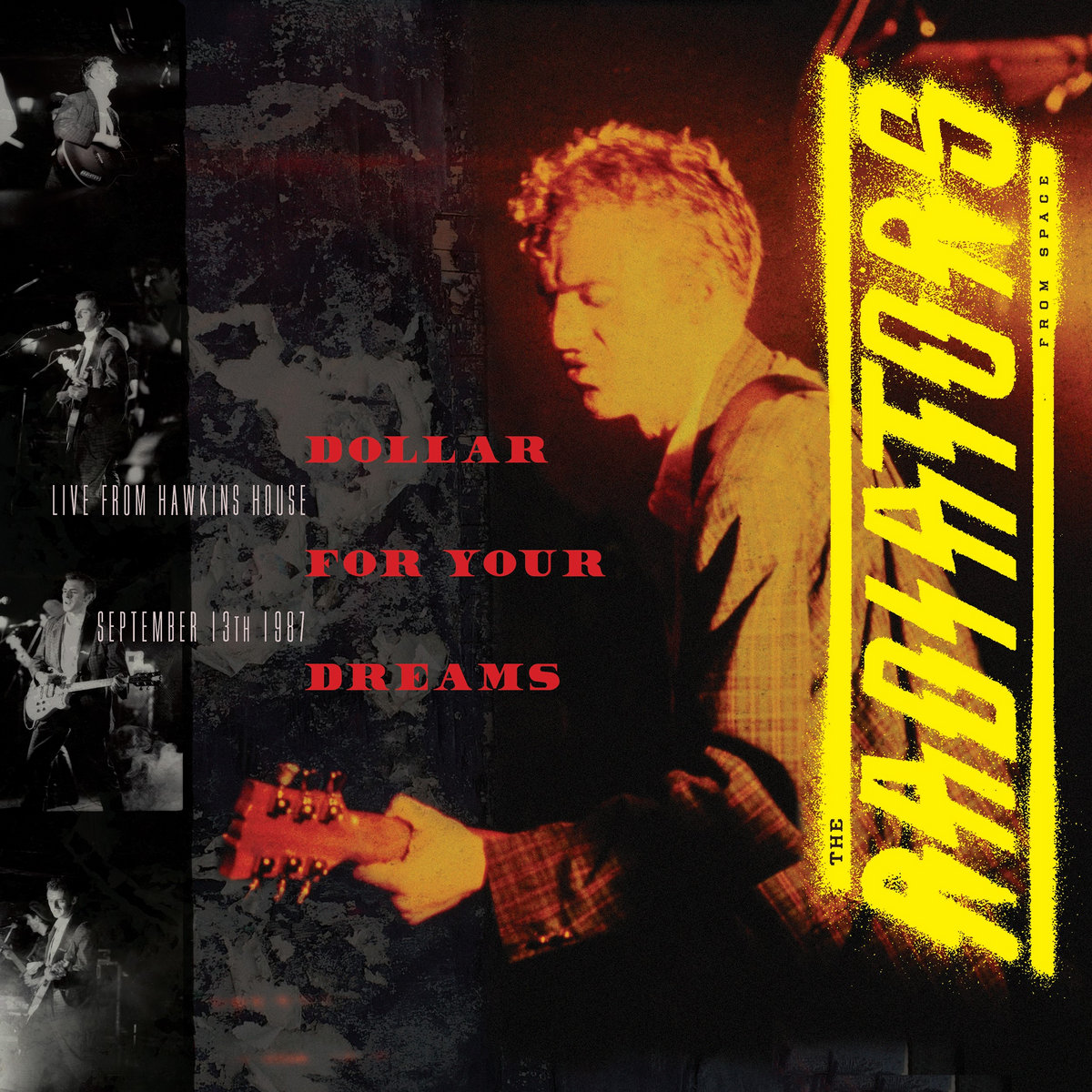Amalie Dahl’s Dafnie | Interview | New Album, ‘Står Op Med Solen’
‘Står op med solen’ (Rising with the sun) is the second album by Amalie Dahl’s Dafnie. With this album, the band continues the exploration of their collective sound.
There are influences from both old school free jazz and contemporary Scandinavian jazz, such as Fire! Orchestra and Christian Wallumrød Ensemble, as well as a clear connection to the Trondheim milieu, where the group was founded in 2020. The band explores their more subtle side with this record. ‘Står op med solen’ is an album longing for humans to be one with nature. The music comments on the world’s ultra-capitalistic power structures of today. The band navigates like one organism through parts of organic free jazz, strict structures, and composed cells. They start out where their first record ended, in the familiar free jazz sound with riffs and melodies, and take us safely on their onward journey.
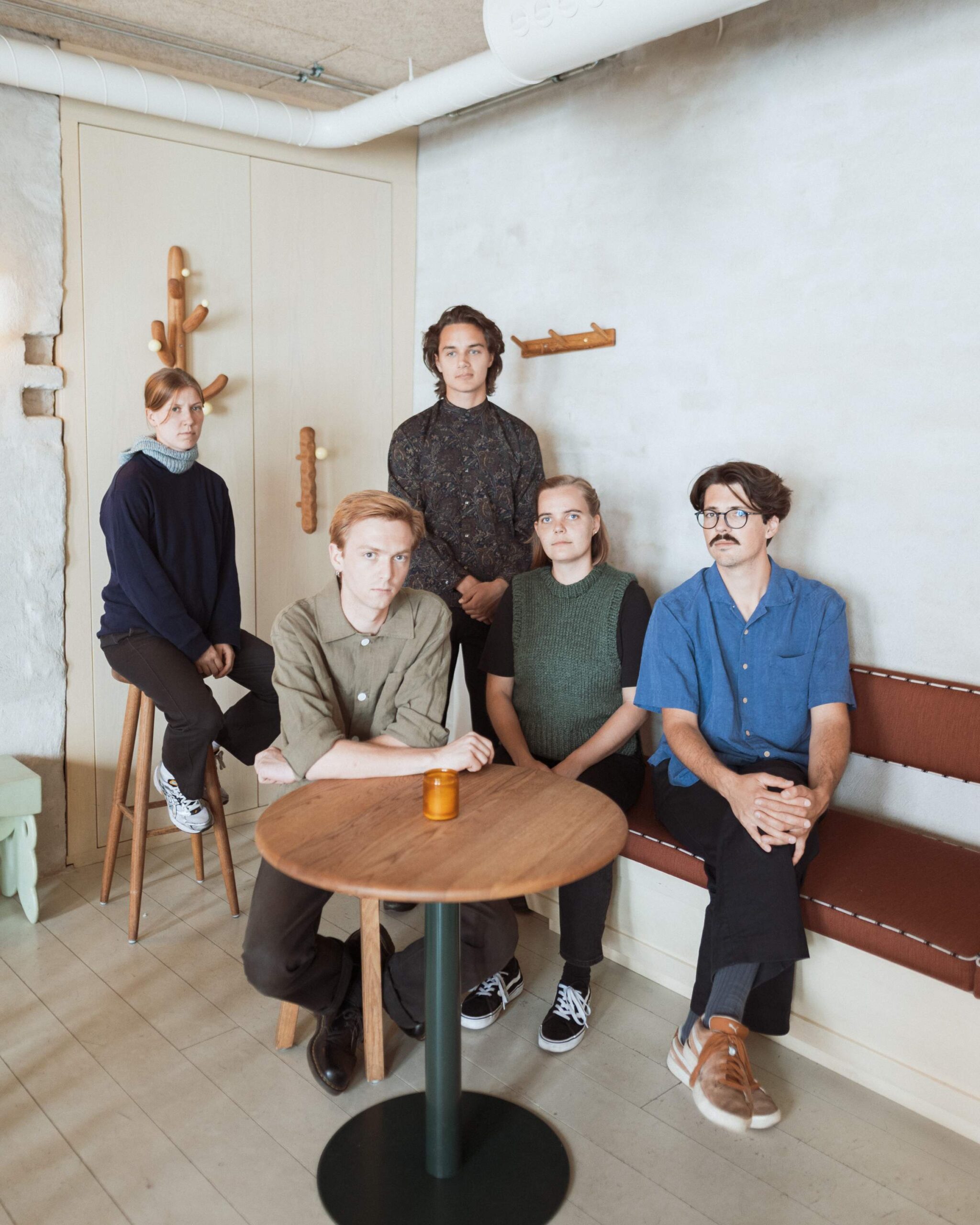
“Patient, calm and sensitive”
Can you compare the first Dafnie album to the second? The liner-note text suggests that this one is more subtle. Do you agree with that?
Amalie Dahl: A lot has happened since we recorded the first album until the second. First of all, the band was still very fresh/young when we went to the studio the first time. We had only played two concerts before that (we started playing together during the pandemic, so there weren’t a lot of opportunities in the beginning, but we spent a lot of time rehearsing). Some of the music I wrote before I knew exactly who would play in the band, but with a clear sound in mind. Then we played a lot live after the recording – more than 20 concerts in two years, and I wrote new music for the band. This music, ‘Står op med solen,’ I would describe as more patient, calm, and sensitive in a way.
Do you feel you’re part of a contemporay jazz scene, the Norwegian jazz scene?
Yes, I feel like I’m part of the Scandinavian, and most of all, Norwegian contemporary jazz scene.
You come from Denmark, but you moved to Norway. Why did you move from Denmark to Norway? Was it to study jazz?
You moved to Trondheim in 2018 to study jazz at NTNU. Before that, you studied for two years at Fridhems Folkhögskola in Sweden. Now, you live in Oslo, where the milieu is very rich in many ways.
Why did you decide to study jazz? At which point did you start taking playing music seriously?
After I finished high school, I wanted to take a gap year. Initially, my goal was simply to become “as good as possible” at playing the saxophone before pursuing further studies in science. However, I never looked back. I spent two years at Fridhems Folkhögskola in Sweden, and then I applied to the conservatory in Trondheim. Suddenly, music became what I did and loved to do.
You recorded this album during a two-day session last summer. How do you remember the recording of this album?
I remember very clearly that there was supposed to be a storm on the days we went there. We recorded at a studio/workspace in the countryside, an hour outside of Oslo, which was an old school. I was a bit tense about the weather, wondering if everyone could make it there since it’s about an hour outside Oslo, and three of the others were traveling from Trondheim. It was also a bit exciting to think about whether we could avoid the sound of rain and thunder on the recordings. But it ended up feeling like the storm spared us; I mean, there was very heavy rain and wind in other parts of Norway, causing floods and such. But the only thing you hear of the storm on the record is when I went outside to sample on the first evening. You can hear it on the track ‘Weltschmerz’. Other than that, the recording went very well. We had already played this music on tour, and we had generally played a lot over the past couple of years. I could feel the difference from the first time when we didn’t have the same experience as now. It was pretty straightforward to record because everyone knew what it should sound like, but also some of the tunes developed even more in the studio. We had to do things a bit differently to avoid feeling like we were just “copying” the live set. ‘Weltschmerz’ and ‘Can’t You See (Me)’ became even more organic than they were before. It was a really nice experience.
To which war does the title ‘We don’t want your stupid war’ refer?
I wrote the tune just after the Russian invasion of Ukraine in February 2022, but the title is timeless and borderless. We released it after things escalated in Gaza. But, I mean, it could be any war!
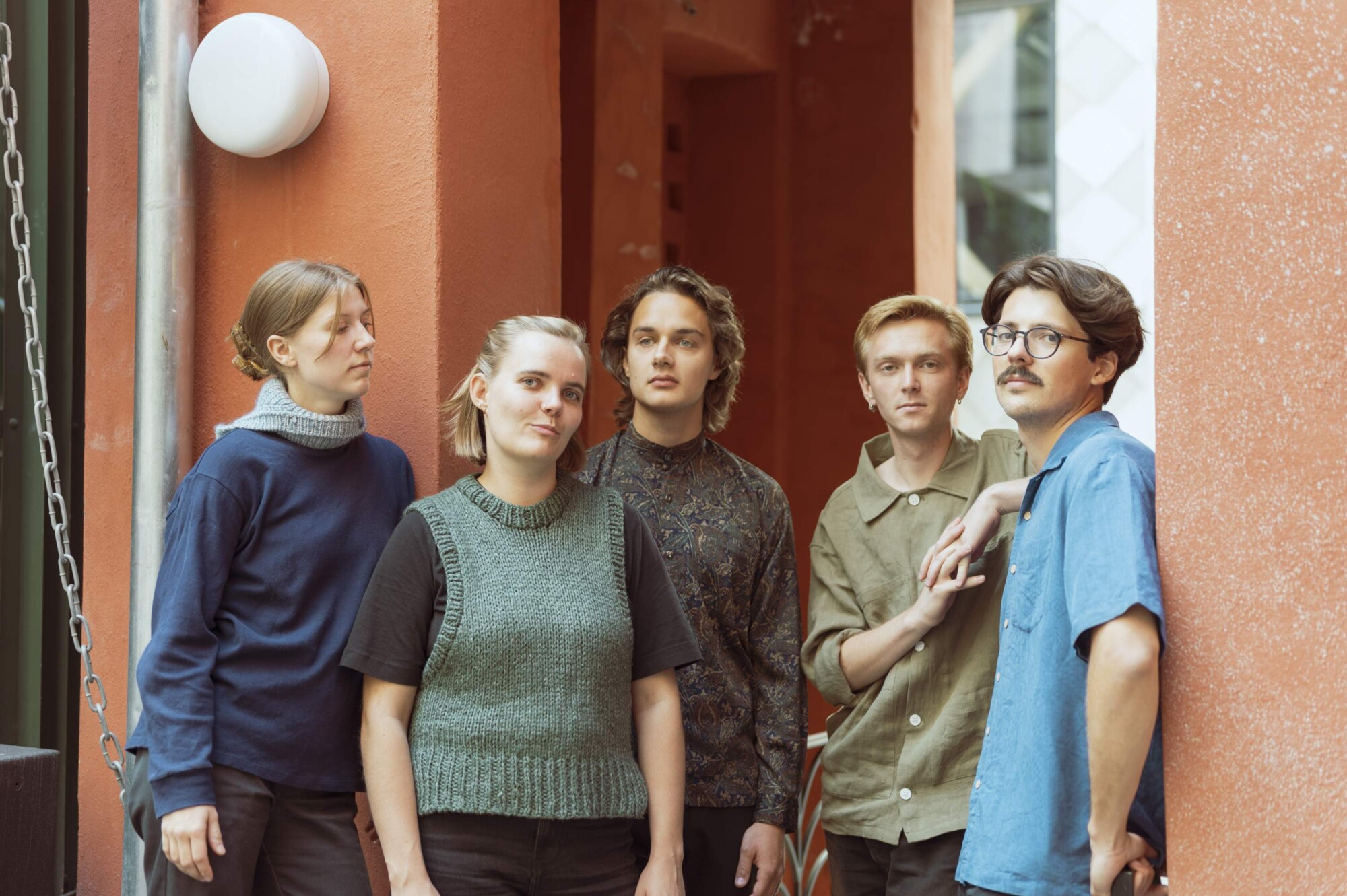
You call yourself a composer and an improviser. What’s the relationship between these two?
That’s something I’m exploring and reflecting a lot on at the moment, and I don’t think I can give you a defined answer, but I can share some of the thoughts I have currently. I’ve been struggling a bit lately, finding that I have two sides of myself: the improviser and the composer, and that these are two different aspects. In 2023, I mostly played improvised music, except for writing ‘Står op med solen’ for Dafnie (which I composed during the winter of 22/23); I didn’t really write anything else. I love playing improvised music so much, especially when it takes me to new places, and when you are creating something together that one person alone could never have imagined. But sometimes I also feel that improvised music can become too predictable. Likewise, I found that playing tunes (especially the form: head-solo-solo-head) can also be too predictable.
I think Steve Lacy articulated this very well (in the book “Improvisation” by Derek Bailey):
“I’m attracted to improvisation because of something I value. That is a freshness, a certain quality, which can only be obtained by improvisation, something you can not possibly get from writing. It has something to do with the ‘edge. Always being on the brink of the unknown and being prepared for the leap. And when you go on out there you have all your years of preparation and all your sensibilities and your prepared means but it is a leap into the unknown. If through that leap you find something then it has a value which I don’t think can be found in any other way. I place a higher value on that than on what you can prepare. But I am also hooked into what you can prepare, especially in the way that it can take you to the edge. What I write is to take you to the edge safely so that you can go on out there and find this other stuff. But really it is this other stuff that interest me and I think it forms the basic stuff of jazz.”
So what I’m working on at the moment is finding a balance, where the musicians have enough freedom, but where the material also somehow guides the music in a direction that wouldn’t be possible to achieve solely through improvisation. I began this work when writing ‘Står op med solen,’ especially by attempting to challenge the form, but I believe my compositional “language” or toolbox is currently undergoing significant development.
Joeri Bruynickx
Headline photo: Cristina Marx/Photomusix
Amalie Dahl’s Dafnie Official Website / Facebook / Instagram / Bandcamp

